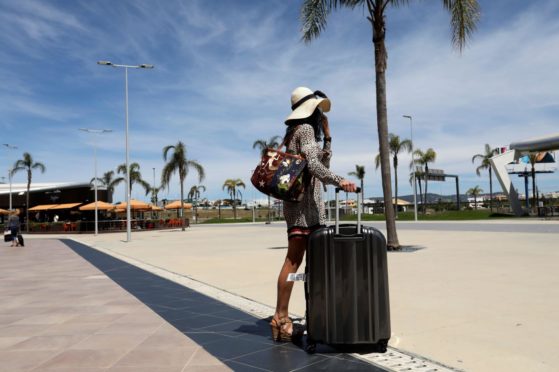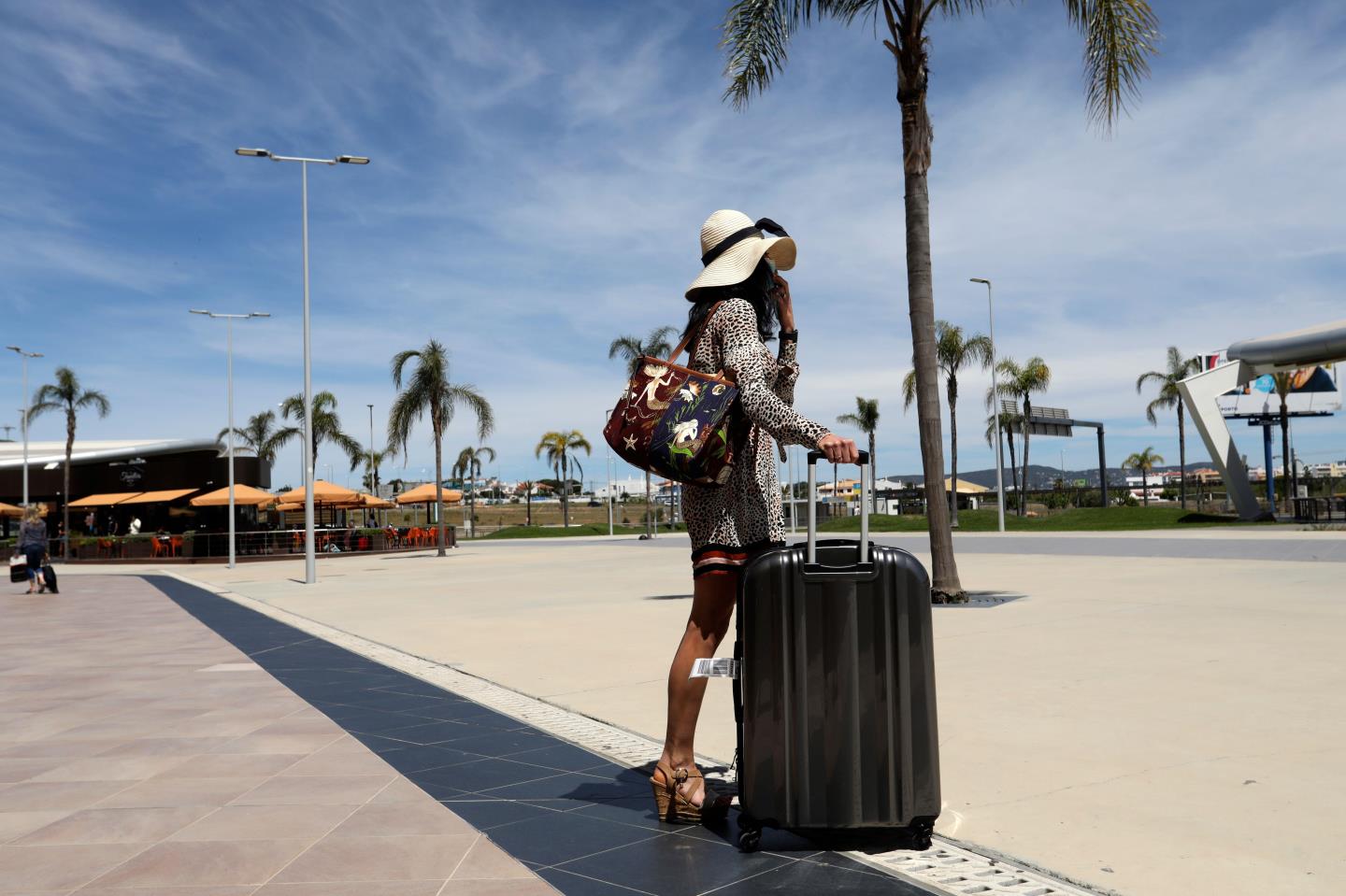Experts are calling on Scots to continue to abide by test and protect rules even if they’ve received two doses of coronavirus vaccines. It comes as more countries start to open up to holidaymakers this year, but with the Scottish government warning that international travel for tourism is still “risky.”
After more than a year of Covid-related restrictions Scots are dreaming of a summer holiday, with France, Spain, Italy and Portugal among popular options.
However most of the top destinations are on Scotland’s amber list, meaning travel there is not advised and you will have to self-isolate when you come home again.
Christine Tait-Burkard from the University of Edinburgh says there’s a reluctance for some people to stick to the rules – particularly if they’ve received two doses of Covid vaccines – despite a rise in infection rates in some parts of the country.
“On one hand we have an increase in cases” she told BBC Scotland on Sunday.
“But people are also less willing to comply with test and protect. We see people are not as willing to pick up the phone, they are not as willing to provide information, and they’re not as willing to isolate when they have been double jabbed, and have for instance holiday plans for the summer” she said.
Digital vaccine certificate
From the beginning of July EU countries, plus other countries like Norway and Switzerland, have been able to issue a digital vaccine certificate which allows travelers who have been fully vaccinated to move between participating states without extra restrictions like new tests or self-isolating upon arrival.
Britain could sign up to join the EU scheme, but has chosen not to, with the Scottish government insisting there would be a unified UK approach to vaccine certification for travel instead.
“Regarding international travel restrictions, we aim to come to a four nations agreement wherever possible and are cautiously supportive of exploring options for the easing of restrictions for fully vaccinated travellers – but only if the clinical advice supports it and if systems are in place to ensure the wider safety of the Scottish population” a Scottish government spokesperson tells us.
“However our current position remains international travel for holidaying purposes remains risky and subject to sudden change. We have said before people should think very carefully about travelling – especially so given the prevalence and unpredictable nature of variants of concern.”
‘Let’s get the rules a little bit clearer’
There’s increasing pressure to start normalising the situation for international travel as vaccine programmes roll out – especially from airlines and sectors that have suffered huge financial losses during the pandemic.
Dr David Nabarro from the World Health Organisation WHO says opening up travel comes with its own set of challenges.
“We have to travel for economic reasons, for social reasons, for emotional reasons, for education. Of course travel has to happen so the issue is working out how best to do it” he told BBC Scotland’s The Sunday Show.
“For me at least non essential travel should be kept to a minimum.”
Dr Nabarro, who is the special envoy for the WHO on Covid-19, said travelers should take the pandemic situation into consideration at both ends of their journey: including asking what the hospitals and health service is like, and the virus transmission rates.
“The difficult thing for all of us is working out what the regulations are at any time, so the part of me that believes in governments working together would like to see more and more cooperation on the circumstances in which travel is possible. Let’s get the rules a little bit clearer.”

